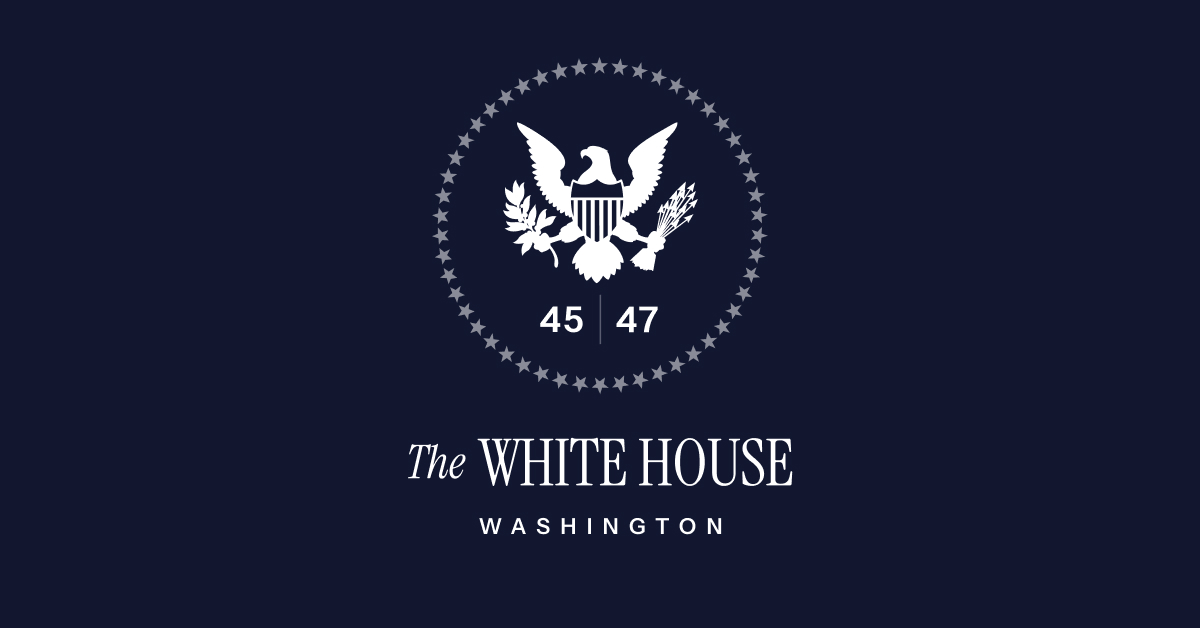Understanding The Laws Surrounding Flag Burning And Potential Prosecutions

Welcome to your ultimate source for breaking news, trending updates, and in-depth stories from around the world. Whether it's politics, technology, entertainment, sports, or lifestyle, we bring you real-time updates that keep you informed and ahead of the curve.
Our team works tirelessly to ensure you never miss a moment. From the latest developments in global events to the most talked-about topics on social media, our news platform is designed to deliver accurate and timely information, all in one place.
Stay in the know and join thousands of readers who trust us for reliable, up-to-date content. Explore our expertly curated articles and dive deeper into the stories that matter to you. Visit Best Website now and be part of the conversation. Don't miss out on the headlines that shape our world!
Table of Contents
<h1>Understanding the Laws Surrounding Flag Burning and Potential Prosecutions</h1>
The sight of a burning American flag is undeniably potent, often sparking strong emotional reactions. But beyond the visceral response, understanding the legal ramifications of flag burning is crucial. This act, frequently associated with protest and dissent, is surprisingly protected under the First Amendment of the U.S. Constitution, despite widespread public disapproval. However, the legality isn't always straightforward, and there are nuances to consider.
<h2>The Supreme Court's Landmark Ruling: Texas v. Johnson</h2>
The landmark case Texas v. Johnson (1989) solidified the constitutional right to burn the American flag as a form of expressive conduct. The Supreme Court ruled that flag burning is a protected form of symbolic speech under the First Amendment's guarantee of freedom of speech. The court emphasized that even offensive or unpopular expressions are shielded by this fundamental right. This decision effectively overturned many state laws that criminalized flag desecration.
<h3>What Constitutes Flag Burning?</h3>
While the act itself is protected, the line between protected speech and other actions can sometimes blur. Simply possessing a burned flag is not illegal. However, the context surrounding the burning is crucial. For example, if the act is accompanied by other actions that break the law, such as inciting violence, trespassing, or vandalism, then those additional actions could be prosecuted. The key is that the burning itself is protected, but ancillary actions are not.
<h2>State Laws and Flag Desecration</h2>
Despite the Supreme Court's ruling, many states continue to attempt to regulate flag burning through various legislative approaches. These attempts often face legal challenges and are frequently struck down as unconstitutional. It's important to note that while some states may have laws on the books prohibiting flag desecration, these laws are generally unenforceable due to Texas v. Johnson.
<h3>The Ongoing Debate</h3>
The debate surrounding flag burning remains highly charged. While the Supreme Court has firmly established its protected status, many Americans continue to find the act deeply offensive. This ongoing tension underscores the complexities of balancing freedom of expression with societal norms and sensitivities.
<h2>Potential Prosecutions and Related Charges</h2>
While flag burning itself is protected, individuals engaging in this act could still face prosecution for other related offenses. These might include:
- Disorderly conduct: If the burning creates a disturbance or breach of the peace.
- Trespassing: If the burning occurs on private property without permission.
- Arson: If the burning extends beyond the flag and endangers other property or individuals.
- Violation of local ordinances: Some municipalities might have ordinances related to open flames or public disturbances that could be applied.
It is crucial to understand that prosecution hinges on the circumstances surrounding the flag burning, not the act itself. A lawyer specializing in First Amendment rights is essential for anyone facing charges related to flag burning.
<h2>Conclusion: Navigating a Complex Issue</h2>
The legal landscape surrounding flag burning is complex and nuanced. While the act itself is protected speech under the First Amendment, related actions could lead to prosecution. Understanding the difference between protected symbolic speech and other potential criminal offenses is crucial for anyone considering engaging in this form of protest or for those facing legal repercussions. Seeking legal counsel is vital for anyone facing charges related to flag burning or any form of expressive conduct. This ensures a thorough understanding of individual rights and the potential legal outcomes.

Thank you for visiting our website, your trusted source for the latest updates and in-depth coverage on Understanding The Laws Surrounding Flag Burning And Potential Prosecutions. We're committed to keeping you informed with timely and accurate information to meet your curiosity and needs.
If you have any questions, suggestions, or feedback, we'd love to hear from you. Your insights are valuable to us and help us improve to serve you better. Feel free to reach out through our contact page.
Don't forget to bookmark our website and check back regularly for the latest headlines and trending topics. See you next time, and thank you for being part of our growing community!
Featured Posts
-
 Drug Relapse History Revealed Espn On Late Colts Owner Jim Irsay
Aug 30, 2025
Drug Relapse History Revealed Espn On Late Colts Owner Jim Irsay
Aug 30, 2025 -
 La Enfermedad De Mariana Un Diagnostico Detallado
Aug 30, 2025
La Enfermedad De Mariana Un Diagnostico Detallado
Aug 30, 2025 -
 Schwarbers Historic Night Four Homers Power Phillies To Victory
Aug 30, 2025
Schwarbers Historic Night Four Homers Power Phillies To Victory
Aug 30, 2025 -
 The Summer I Turned Pretty Parisian Adventures In The Upcoming Finale
Aug 30, 2025
The Summer I Turned Pretty Parisian Adventures In The Upcoming Finale
Aug 30, 2025 -
 Shevchenko Vs Zhang And Makhachev Vs Della Maddalena Set For Ufc 322
Aug 30, 2025
Shevchenko Vs Zhang And Makhachev Vs Della Maddalena Set For Ufc 322
Aug 30, 2025
Latest Posts
-
 Unexpected Micah Parsons Trade Discussion On First Things First
Aug 31, 2025
Unexpected Micah Parsons Trade Discussion On First Things First
Aug 31, 2025 -
 Espn Report Exposes Jim Irsays Struggle With Drug Addiction Before Passing
Aug 31, 2025
Espn Report Exposes Jim Irsays Struggle With Drug Addiction Before Passing
Aug 31, 2025 -
 Espns 2025 Nfl Rivalry Uniforms Release Dates Teams And Details
Aug 31, 2025
Espns 2025 Nfl Rivalry Uniforms Release Dates Teams And Details
Aug 31, 2025 -
 2025 Nfl Season Analyzing The New Rivalry Game Uniforms
Aug 31, 2025
2025 Nfl Season Analyzing The New Rivalry Game Uniforms
Aug 31, 2025 -
 Could A Micah Parsons Trade Improve The Dallas Cowboys Jerry Jones Perspective
Aug 31, 2025
Could A Micah Parsons Trade Improve The Dallas Cowboys Jerry Jones Perspective
Aug 31, 2025
